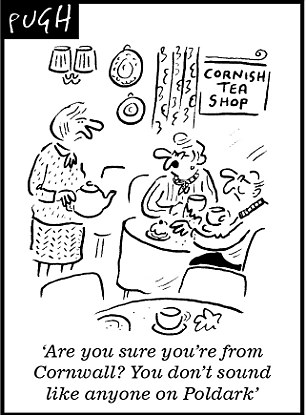“The Italian Dubbing of Dialects, Accents and Slang in the British Dark Comedy Drama ‘Misfits’”
DOI:
https://doi.org/10.13133/2239-1983/13835Abstract
Although they are far from reflecting real interaction stricto sensu, TV series try to recreate a sort of idealised community. In order to do this, the language they use is based on those communicative patterns that are deemed prototypical for a given social group. It is therefore not surprising to find that stereotyped language variations are exploited in audiovisual texts to mark differences in social status. In particular, British TV dramas and films have often relied on such strategies to enhance dramatic characterisation. The British dark comedy drama Misfits proves to be an interesting example of the way British dialects, accents and slang are used to characterise its five young main characters. Each of them displays a peculiar accent, which reflects their social and personal background, yet they all also use contemporary slang that shows their willingness to be part of the same social group representing young people of all backgrounds. When dealing with such linguistic peculiarities, translators may resort to global strategies such as standardization to ensure the smooth processing of the target text, or opt for more creative solutions instead. Hence, this study investigates the strategies and procedures used to transfer Misfits into Italian. The comparative analysis of the English source text and its dubbed Italian counterpart shows that the characters’ dialectal inflections have been replaced by standardised pronunciation. It goes without saying that this has led to significant losses in terms of connotation. However, the translator has attempted to compensate by means of a consistent use of Italian slang and swear words to convey the in-group bonding that such linguistic elements can create.
##submission.downloads##
Pubblicato
Come citare
Fascicolo
Sezione
Licenza
Gli autori che pubblicano su questa rivista accettano le seguenti condizioni:- Gli autori mantengono i diritti sulla loro opera e cedono alla rivista il diritto di prima pubblicazione dell'opera, contemporaneamente licenziata sotto una Licenza Creative Commons - Attribuzione che permette ad altri di condividere l'opera indicando la paternità intellettuale e la prima pubblicazione su questa rivista.
- Gli autori possono aderire ad altri accordi di licenza non esclusiva per la distribuzione della versione dell'opera pubblicata (es. depositarla in un archivio istituzionale o pubblicarla in una monografia), a patto di indicare che la prima pubblicazione è avvenuta su questa rivista.
- Gli autori possono diffondere la loro opera online (es. in repository istituzionali o nel loro sito web) prima e durante il processo di submission, poiché può portare a scambi produttivi e aumentare le citazioni dell'opera pubblicata (Vedi The Effect of Open Access).


